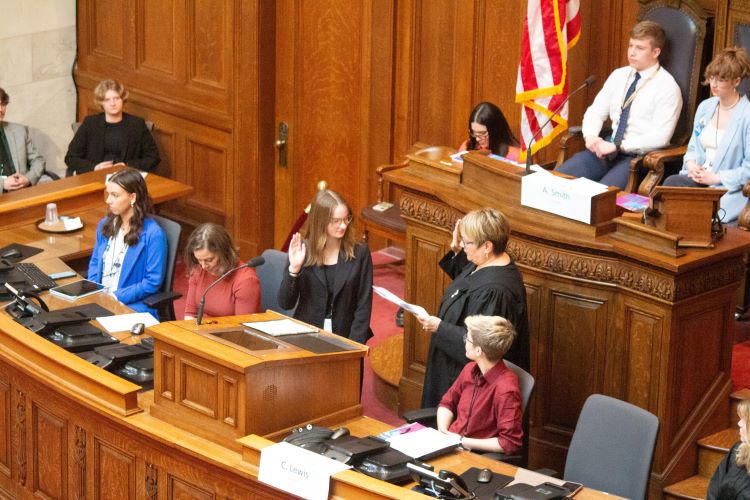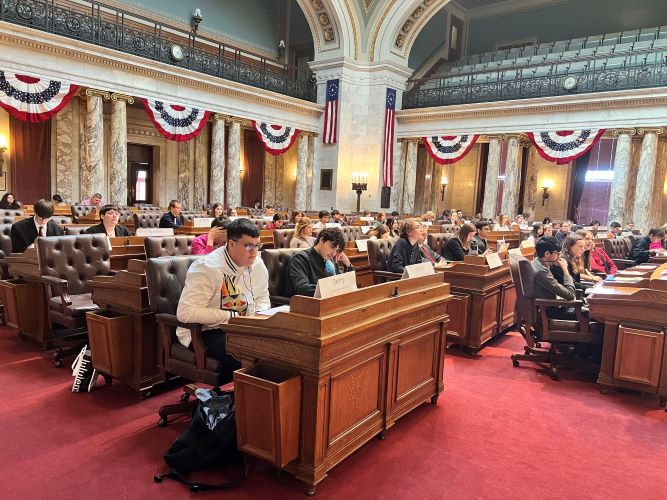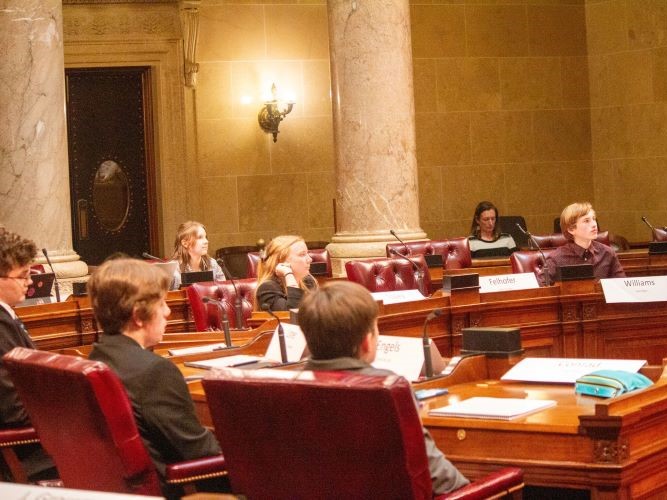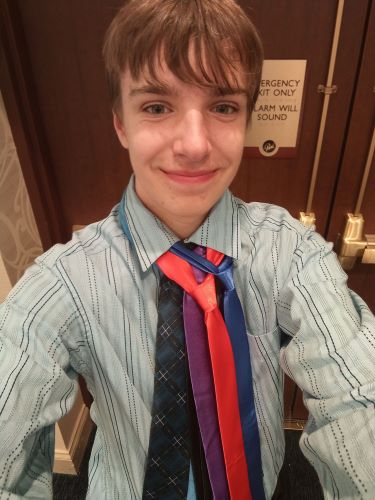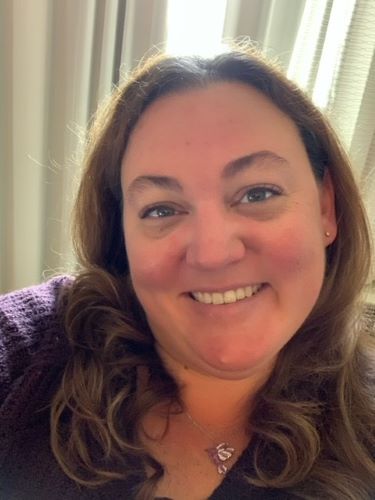YMCA Youth in Government: Building Future Leaders
As the 2024 state and national elections approach, it is more important than ever to prepare our youth for active civic engagement. Afterschool programs like the Wisconsin YMCA Youth in Government (YIG) provide invaluable opportunities for students in grades 7-12 to understand and participate in government in a hands-on way that classrooms alone often cannot offer.
A Practical Approach to Civic Engagement
While civics and government classes play a vital role in education, the Youth in Government program takes learning to a whole new level. Jolene Gross, the statewide director of the program, explains:
"Besides those relationship-building opportunities, I think our big draw or attraction is the fact that they get to do this on the Senate and Assembly floor. We're in the Capitol for our state conference, so that's something they don't get in their local schools' civics classes."
Participants in the YIG program explore topics they care about, gaining experience in public speaking, legislative processes, and critical thinking. The program offers an environment where students can learn how the government works and how they can contribute to society without the tribalism of modern politics.
Real-World Experiences
Gross, who has been involved with the program for over a decade, highlighted the broad reach of the program and the inclusion of youth of different ages and from different educational backgrounds:
"Our target audience is 7th graders through 12th graders... we reach out to both private and public schools, we have some homeschool kids. So anyone who's kind of interested in the program, we try to find a way to make it work for them."
After the application process, local delegations begin meeting weekly in October. Participants choose their area of focus. From this point, youth will either develop ideas for new legislation, research case law, or learn the basic skills necessary to report on the government as a member of the media. Most delegations go well beyond learning about government, with many of them serving their communities. According to Gross, “Delegations do a service project throughout the course of their year, and find ways to give back to the community. Some of them have done clothing drives or diaper drives. Our kids from the Fox Cities volunteered at the homeless shelter one year to serve meals.”
In March, delegations from around the state come to Madison for their annual conference, where students take over the Wisconsin State Capitol's halls and chambers, engaging in debates and decision-making processes similar to those in real legislative activities. Last spring, on their opening night, they received a warm welcome from Lt. Governor Rodriguez.
The youth also have some fun—on Friday night, they enjoy karaoke, play games, and get time to connect with each other. This immersive experience not only enhances their understanding of government but also helps them make connections with other youth around the state. Gross also mentioned that the multi-age format works especially well, with the older students taking the 7th and 8th graders under their wing and showing them the ropes.
Opportunities for Growth
The program doesn't just teach about government – it helps students grow as individuals. Gross notes the transformation she sees in participants:
"When I look at the program as a whole and I see our kids at the beginning who are very shy, you know, just that growth that they have as individuals over the course of the year... The kids will say this program is life-changing for them."
Gross noted that one very shy freshman became confident enough to write a bill. "He was able to defend his bill... It passed unanimously. He had so many victories that weekend."
Killian, a 16-year-old participant, emphasized the program’s impact on his understanding of government and personal development:
"I participated in the media group... I learned how to improve my writing skills, how to interview people, use a camera, and research things. In the legislative group, I learned about how the government functions, how to write a bill, and how to research laws. I'm more clear about how the government actually works."
Killian also noted the importance of youth-led initiatives within the program:
"It's youth-led... we actually voted in high school students who run it and make the rules and stuff, which I think is pretty cool."
Looking Ahead
Programs like YIG are essential in shaping informed and engaged citizens. As Gross pointed out, the program is not just about learning government mechanics but also about understanding other people’s perspectives. This approach helps students leave the program with the skills and confidence to be active problem solvers in their communities. Youth in Government nurtures the next generation of voters, leaders, and active citizens who understand the importance of civic engagement and respectful dialogue.
Killian's final reflection serves as a powerful reminder of the lessons learned about the reality of governing:
"Even if you know, have good ideas, and you have a really good argument for it, a lot of people still aren't going to agree with you. You're not always going to be able to convince everyone."
This understanding of differing views and the complexities of governance is exactly what we need to foster in young people to make our nation more united.
For more information on how to get involved with the Wisconsin YMCA Youth in Government program, visit their website or contact your local YMCA. Supporting afterschool programs like YIG is vital in nurturing the next generation of leaders and advocates.
|
Opening Ceremonies - Delegates Being Sworn In |
|
|
Assembly Floor |
Senate Floor |
|
Killian
|
Jolene
|

